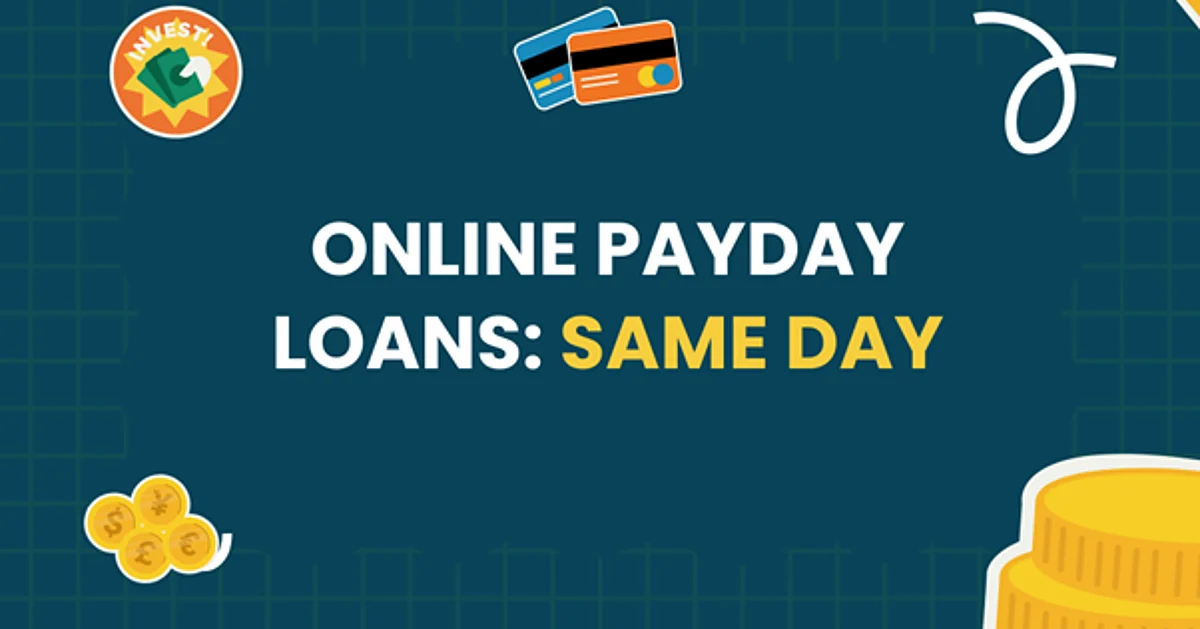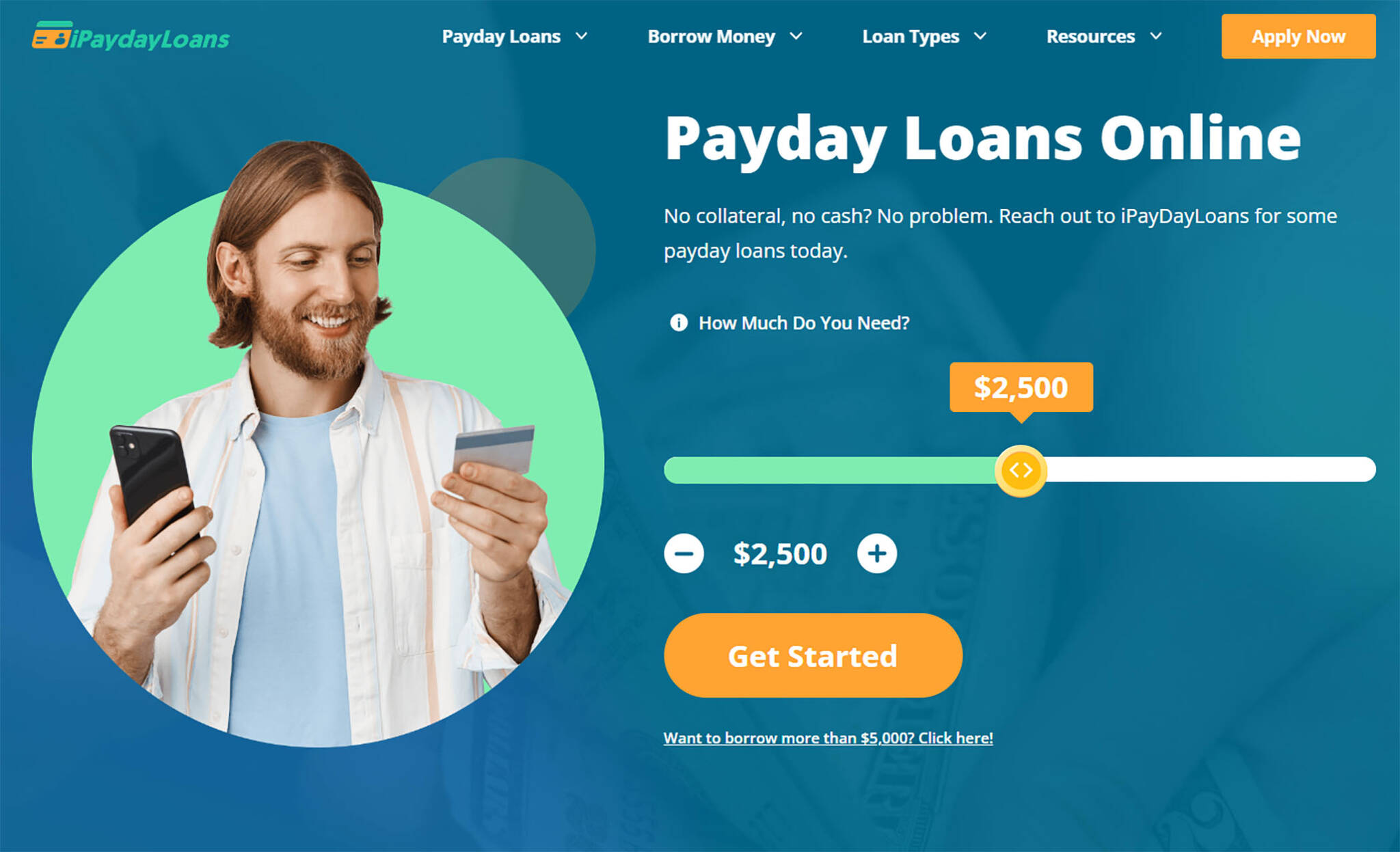Payday Loans Online Same Day No Credit Check Direct Lenders

In an era defined by instant gratification and economic precarity, the allure of quick cash is strong. Online payday loans, promising "same day no credit check" solutions from direct lenders, are aggressively marketed to those facing immediate financial shortfalls.
But behind the veneer of convenience lies a complex and often perilous financial landscape. Borrowers can easily get trapped in cycles of debt, with devastating consequences for their long-term financial health.
These loans, while seemingly offering a lifeline, are increasingly under scrutiny by regulators, consumer advocates, and even some within the financial industry.
The core issue is the potential for exploitation. This stems from the high interest rates, short repayment periods, and lack of thorough credit assessments often associated with these products.
The Promise and the Peril: Unpacking Payday Loans
Payday loans online that advertise "same day no credit check direct lenders" are short-term, high-interest loans typically designed to be repaid on the borrower's next payday. These loans are marketed as a convenient solution for unexpected expenses or financial emergencies, requiring minimal documentation and often bypassing traditional credit checks.
Direct lenders, in this context, represent companies that fund the loans directly rather than acting as brokers connecting borrowers with other lenders. This direct relationship is promoted as offering greater transparency and potentially faster funding.
However, the speed and ease of access often come at a significant cost, with Annual Percentage Rates (APRs) frequently exceeding 300% or even higher. Such exorbitant rates raise serious concerns about affordability and the potential for trapping vulnerable borrowers in a cycle of debt.
The Allure of Instant Gratification
The appeal of these loans is understandable. Imagine a sudden car repair bill or an unexpected medical expense. Traditional loans from banks or credit unions often require lengthy application processes, credit checks, and documentation that may not be readily available.
Payday loans offer a seemingly simple alternative. The application process is typically online and takes only minutes, with funds often deposited into the borrower's account the same day.
This instant access to cash can be incredibly tempting, especially for those with limited access to other forms of credit or savings.
The Reality of High Costs and Debt Traps
The problem arises when borrowers are unable to repay the loan on their next payday. The high interest rates and fees then accrue, leading to a cycle of debt that can be difficult to escape. Borrowers may find themselves taking out new loans to cover existing debts, effectively digging themselves deeper into a financial hole.
According to a report by the Consumer Financial Protection Bureau (CFPB), a significant percentage of payday loan borrowers end up reborrowing their loans multiple times. This suggests that the initial loan often fails to address the underlying financial issues, leading to a reliance on payday loans as a recurring source of credit.
The lack of a thorough credit check, while seemingly beneficial for those with poor credit, also contributes to the problem. It means that lenders may not be adequately assessing the borrower's ability to repay the loan, increasing the risk of default and further financial hardship.
The Regulatory Landscape: Scrutiny and Debate
The payday loan industry has faced increasing regulatory scrutiny in recent years. Consumer advocacy groups and government agencies have raised concerns about the predatory lending practices and the potential for financial harm.
The CFPB has proposed and implemented regulations aimed at protecting consumers from the harmful effects of payday loans, including requirements for lenders to assess borrowers' ability to repay and restrictions on the number of times a loan can be refinanced.
However, these regulations have faced pushback from the industry, with some arguing that they stifle access to credit for those who need it most. The debate over the appropriate level of regulation continues, with proponents of stricter rules emphasizing consumer protection and opponents highlighting the importance of access to short-term credit.
State-Level Regulations: A Patchwork of Laws
In addition to federal regulations, many states have their own laws governing payday lending. These laws vary widely, with some states banning payday loans altogether and others imposing stricter limits on interest rates and loan terms.
This patchwork of regulations creates a complex and often confusing landscape for borrowers. It also highlights the ongoing debate about the appropriate role of government in regulating the industry.
Some states believe that strong regulations are necessary to protect consumers from exploitation, while others prioritize access to credit, even if it comes with higher risks.
The Role of Direct Lenders: Transparency and Accountability
The term "direct lender" is often used as a marketing tool, suggesting a more transparent and accountable lending process. However, it's important for borrowers to carefully vet any lender, regardless of whether they are a direct lender or a broker.
Checking for licenses, reading reviews, and understanding the loan terms are crucial steps in protecting oneself from predatory lending practices. Borrowers should also be wary of lenders who make promises that seem too good to be true, such as "guaranteed approval" or "no credit check ever."
Transparency is key, and borrowers should ensure they fully understand all the fees, interest rates, and repayment terms before agreeing to a loan. Failure to do so can have devastating consequences.
Alternatives to Payday Loans: Exploring Options
For those facing financial emergencies, payday loans should be viewed as a last resort. There are often alternative options available that may be less costly and more sustainable in the long run.
These alternatives include credit counseling, borrowing from friends or family, negotiating payment plans with creditors, and seeking assistance from local charities or non-profit organizations. Exploring these options can help borrowers avoid the debt traps associated with payday loans.
Building an emergency fund, even a small one, can also provide a buffer against unexpected expenses and reduce the need for short-term loans.
Additionally, exploring options such as personal loans from credit unions or community banks, which often have lower interest rates and more flexible repayment terms, could be a viable route.
Looking Ahead: The Future of Short-Term Lending
The future of short-term lending remains uncertain, but several trends are likely to shape the industry in the coming years. Increased regulatory scrutiny, technological advancements, and the rise of alternative lending models are all factors that will influence the landscape.
As technology continues to evolve, new lending platforms and products may emerge that offer more affordable and transparent options for borrowers. However, it's crucial to ensure that these innovations are accompanied by appropriate consumer protections to prevent exploitation.
Ultimately, addressing the underlying financial vulnerabilities that lead people to seek out payday loans is essential. Promoting financial literacy, expanding access to affordable credit, and strengthening social safety nets can help reduce the demand for these high-cost loans and improve the financial well-being of individuals and families.
The conversation surrounding "Payday Loans Online Same Day No Credit Check Direct Lenders" must continue to evolve, fostering responsible lending practices and empowering consumers to make informed financial decisions.


















